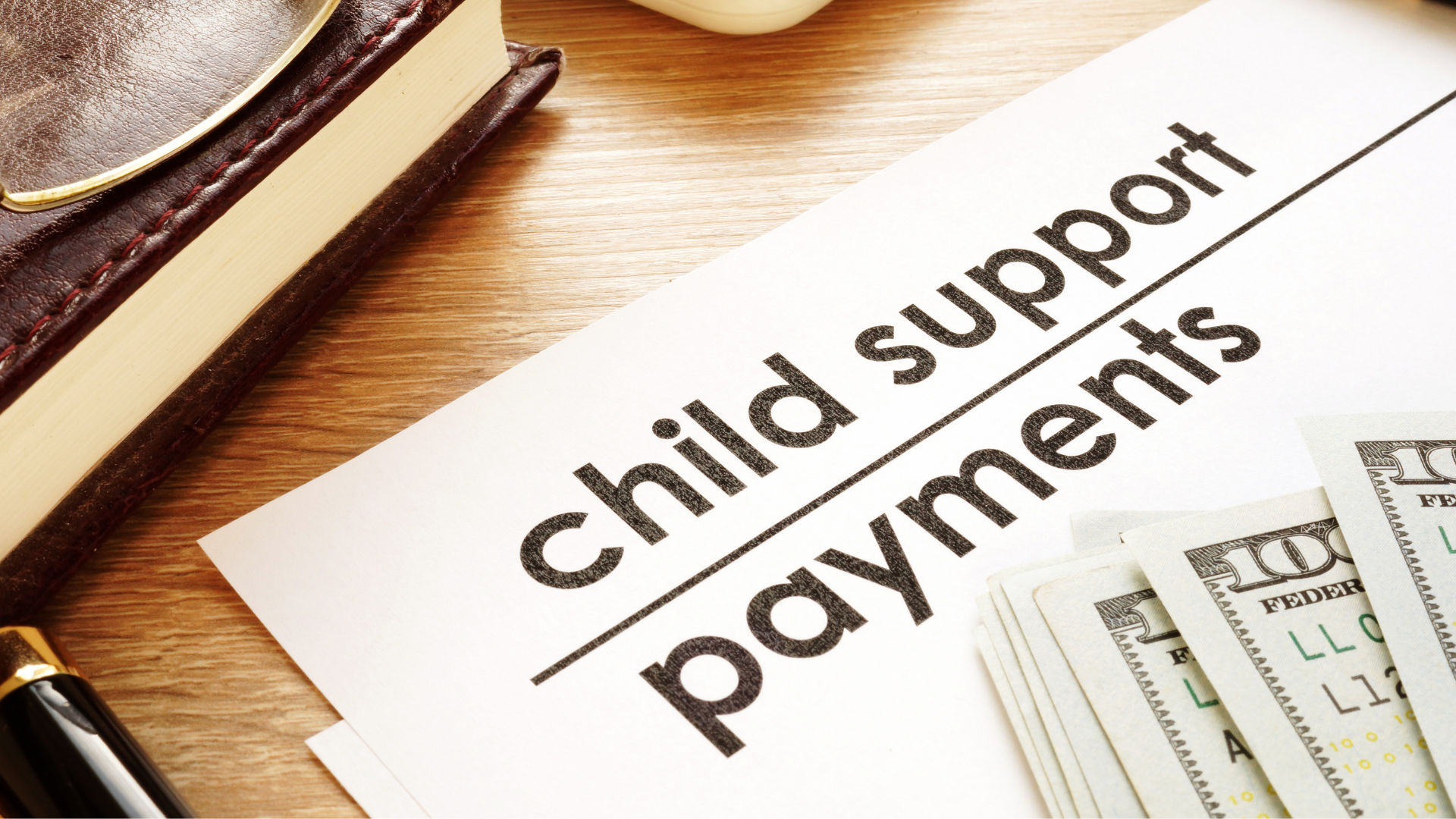Who Determines the Amount of Child Support I Pay in Minnesota?
At Heimerl & Lammers, our divorce attorneys work closely with our clients who are parents of minors to outline their child custody and parenting time arrangements and to explain the child support obligations related to those agreements to ensure they benefit from the income of both custodial and non-custodial parents.
Although our laws may consider many factors when determining the correct amount of child support for each family, in the vast majority of cases, the amount is dictated by our state’s child support guidelines.
If you are the obligator, it is important to partner with an experienced child support attorney to ensure your financial wellbeing is being fully evaluated before the final ruling is signed.
What are the Child Support Guidelines in Minnesota?
Calculating child support in Minnesota begins with the legal guidelines that are based on many factors, including:
- Each parent’s gross monthly income from all sources
- The percentage, or amount of parenting time awarded in a court order
- How many children live in each parent’s home
- Any other child support orders for either parent, from previous relationships
- The amount of child care costs
- Any spousal maintenance orders for either parent
- The amount of benefits from Social Security or the U.S. Department of Veterans Affairs paid to a joint child due to a parent’s disability or retirement
The court has the final authority to determine the amount of a child support order, but with an experienced attorney by your side, we will present an effective argument on your behalf.
Does the Amount of Child Support I Pay Cover Childcare and Medical/Dental Coverage?
In addition to child support, a non-custodial parent may be required to contribute to the childcare costs of the minor children required when the custodial parent is at work or school. The amount is established using both parents’ gross incomes, minus the spousal and child support payments. Unless otherwise agreed to by the parties and approved by the court, the court must order that work-related or education-related child care costs of joint children be divided between the obligor and oblige based on their proportionate share of the parties’ combined monthly PICS.
For medical and dental coverage, the general rule is that the parties must each assume a portion of the minor children’s medical and dental expenses in proportion to their respective net incomes, whether it is through the payment of the actual bills or in the amount allocated for medical and dental insurance. Health care coverage and all unreimbursed and uninsured medical expenses under the health plan are split based on their proportionate share of the parties’ combined monthly PICS.
What if the Obligated Parent Omits Income Details or is Currently Out of Work?
Our Minnesota Child Support Laws presume both parents can or should work and earn an income to support their children.
By law, if either party does not provide specific details about their income, the court will set a child support figure based on other available evidence, which may include:
- Past work experience
- Testimony of the other parent
When neither of those resources provides a legitimate evaluation for the obligator’s abilities, the court will set a minimum amount provided for by the law. That minimum is calculated by assuming that the parent can work 30 hours per week and earn 100% of the current state or federal minimum wage, whichever is higher, to reach an expected monthly income of which the child support amount will be extracted.
How Much Child Support Will I Have to Pay if We Share Joint Physical Custody of Our Children in Minnesota?
When parents share joint physical custody of their minor children, each parent is paying the other for the percentage of time that he or she has custody. When parties share equal parenting time, the parent whose income is higher may have obligation to the parent with a lower income.
Calculation of basic support when parenting time is equal.
If the parenting time is equal and the parental incomes for determining child support of the parents also are equal, no basic support shall be paid unless the court determines that the expenses for the child are not equally shared.
What Happens if I Do Not Pay Child Support in Minnesota?
There is a difference between a parent who is slightly behind on child support payments, possibly due to job loss or a medical emergency, and a parent who is in serious arrears, for months or even years.
Parents who fall behind on their child support obligations, because they cannot or do not want to pay, risk facing serious penalties for their delinquency.
Minnesota’s child support policies allow enough time for delinquent parents to receive notice about their past due amount, and the available options to pay the amount, which may include setting up a payment agreement.
When those efforts are unsuccessful, the Department of Human Services outlines the penalties associated with missed child support payments, including:
- Credit bureau reporting
- Interest charges
- Levy or seizure of financial assets
- Student grant holds
- Passport holds
- Driver’s and/or professional license suspensions
- Interception of state and/or federal tax refunds
- Contempt proceedings for non-payment of support
- Federal criminal prosecution
If you have questions about how your divorce will affect where your children will live, based on who is awarded custody, and the child support figure that will be dictated by that agreement, contact our family law attorneys today by calling (612) 294-2200 or by contacting us online to learn about your legal rights and options, so you can confidently plan for your family’s future.





